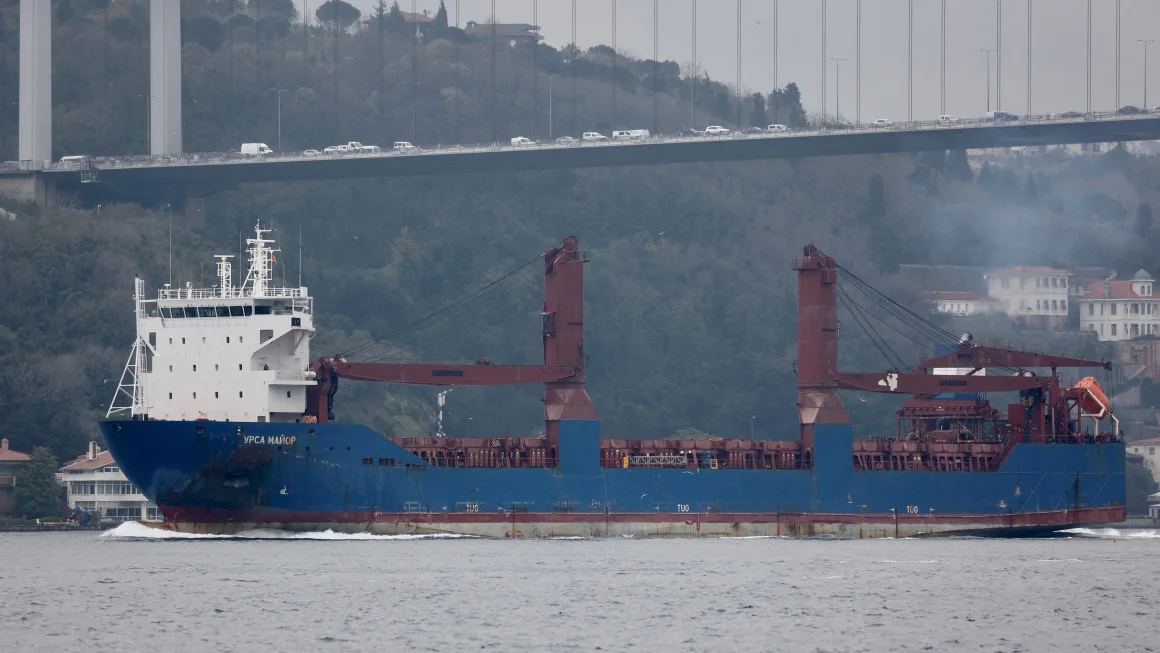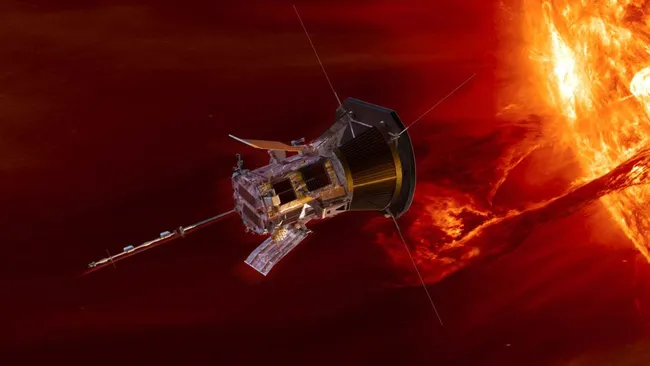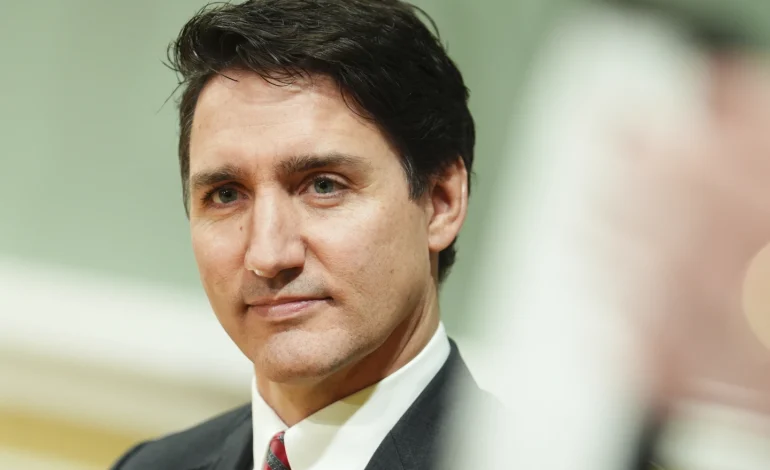Canadian Prime Minister Justin Trudeau’s hold on power has become increasingly precarious after the New Democratic Party (NDP), a long-time ally of his Liberal government, announced it would trigger a no-confidence vote when Parliament reconvenes next month, The Associated Press reports.
This dramatic loss of support, combined with a string of high-profile cabinet resignations and looming economic threats, has plunged the Trudeau government into a state of crisis.
The NDP’s decision to withdraw its support followed a tumultuous week for the Liberals, marked by an abrupt cabinet reshuffle on Friday and the shocking resignation of Finance Minister and Deputy Prime Minister Chrystia Freeland on Monday. Freeland, a key figure in the government, reportedly resigned due to deep concerns over Trudeau’s handling of the economy, particularly in the face of potential 25% tariffs threatened by a second Trump administration in the United States. The housing minister also resigned shortly before Freeland, further destabilizing the government.
Trudeau himself has remained largely silent on his future, declining to take questions after meeting with his new cabinet. He did, however, state that his government is preparing for the potential trade tariffs.
“In exactly one month the new president will inaugurated and we are preparing Canada to face that.” He added, “Whatever the US administration may do, that is our priority, and that is that we’re working on and we have a lot of work to do.”
However, members of Trudeau’s cabinet have indicated that the Prime Minister has requested time to reflect on his own future and acknowledged he faces a difficult decision.
The political turmoil comes at a particularly challenging time for Canada, as President-elect Donald Trump has repeatedly threatened sweeping tariffs and has called Trudeau “the governor of the 51st state.” These threats, along with potential trade disputes, pose significant risks to the Canadian economy. Immigration Minister Marc Miller, a close ally of Trudeau, acknowledged the severity of the situation, warning of an “existential threat for the Canadian economy” with the potential for job losses and a doubling of the unemployment rate. While Miller said his belief that Trudeau is best equipped to handle the crisis, the NDP has lost all confidence in the Prime Minister.
NDP leader Jagmeet Singh has called for Trudeau’s resignation and made it clear his party will move a no-confidence motion in the House of Commons on January 27 when Parliament resumes.
With the Liberals holding a minority government, the withdrawal of NDP support could trigger a snap election. The Liberals could delay Parliament’s return, or Trudeau could choose to step down, potentially triggering a leadership race within his party.
Trudeau’s popularity has been in decline for years, with widespread concerns about the rising cost of living and inflation. While there is no immediate mechanism to force him out, he may be forced to step aside by his party or lose a no-confidence vote in Parliament, which would likely trigger an election and favor the opposing Conservative Party led by Pierre Poilievre.









